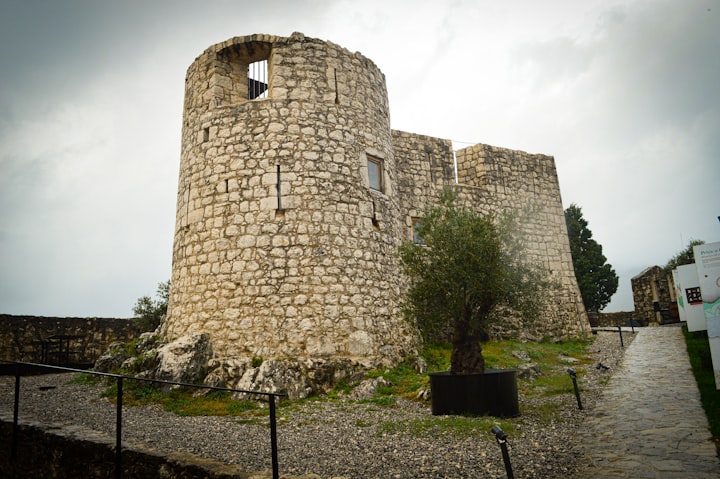
g**The Renaissance: A Thriving Time of Craftsmanship, Science, and Humanism**
The Renaissance, traversing generally from the fourteenth to the seventeenth 100 years, denoted a significant change in European culture. This extraordinary period arose as an extension between the Medieval times and the cutting edge time, achieving a restoration of interest in traditional workmanship, writing, and learning. The Renaissance, signifying "resurrection," included a wide cluster of improvements that formed the course of European history.
**1. Beginnings and Context**
The foundations of the Renaissance can be followed back to the city-provinces of Italy, especially Florence, where financial flourishing and a reestablished interest in old style relic made ripe ground for scholarly and imaginative investigation. The fall of Constantinople in 1453 likewise assumed a crucial part, as Greek researchers escaped toward the West, carrying with them old style texts that had been lost or neglected.
**2. Humanism and the Rediscovery of Antiquity**
Fundamental to the Renaissance was humanism, a philosophical and instructive development that stressed the investigation of traditional writing, history, and reasoning. Researchers and specialists looked for motivation from old Greek and Roman works, encouraging a recharged appreciation for human potential and accomplishment. Figures like Petrarch and Erasmus supported the possibility of training as a way to develop balanced people.
**3. Imaginative Renaissance**
Workmanship thrived during this period, with noticeable figures like Leonardo da Vinci, Michelangelo, and Raphael making magnum opuses that exhibited specialized expertise and a profound comprehension of human life systems. The shift from middle age craftsmanship's representative and strict concentration to a more human-focused approach is clear in works like Leonardo's "Mona Lisa" and Michelangelo's "David."
**4. Logical Advancements**
The Renaissance was not exclusively a creative development; it additionally saw historic advancements in science. Nicolaus Copernicus tested the geocentric perspective on the universe, proposing a heliocentric model that reformed space science. Galileo Galilei's adjustable perceptions further upheld Copernicus' hypotheses, notwithstanding confronting resistance from the Catholic Church.
**5. Print machine and the Spread of Knowledge**
Johannes Gutenberg's development of the print machine during the fifteenth century assumed an essential part in spreading thoughts. Books, beforehand meticulously duplicated the hard way, turned out to be all the more generally accessible, democratizing admittance to information. This added to the fast spread of Renaissance thoughts across Europe.
**6. Political and Social Changes**
The Renaissance likewise had huge ramifications for political and social designs. The ascent of country states, like Spain, France, and Britain, modified the international scene. Feudalism started to decline as unified governments acquired unmistakable quality, prompting shifts in power elements.
**7. Difficulties to the Church**
The Catholic Church, a predominant power during the Medieval times, confronted difficulties to its position. The Protestant Reorganization, lighted by Martin Luther's 95 Postulations in 1517, brought about a break inside Christianity. The development of different Protestant sections and the Counter-Renewal inside the Catholic Church changed strict scenes.
**8. Heritage and Impact**
The Renaissance's heritage is significant and persevering. It laid the preparation for the Edification, a scholarly development of the eighteenth century that further underscored reason, science, and individual privileges. The humanistic standards of the Renaissance keep on affecting craftsmanship, training, and the more extensive social scene.
All in all, the Renaissance was a crucial period in European history, introducing a social resurrection that molded the direction of Western civilization. From creative show-stoppers to logical forward leaps, the Renaissance stays a demonstration of human inventiveness and the getting through mission for information and self-revelation.






Comments
There are no comments for this story
Be the first to respond and start the conversation.